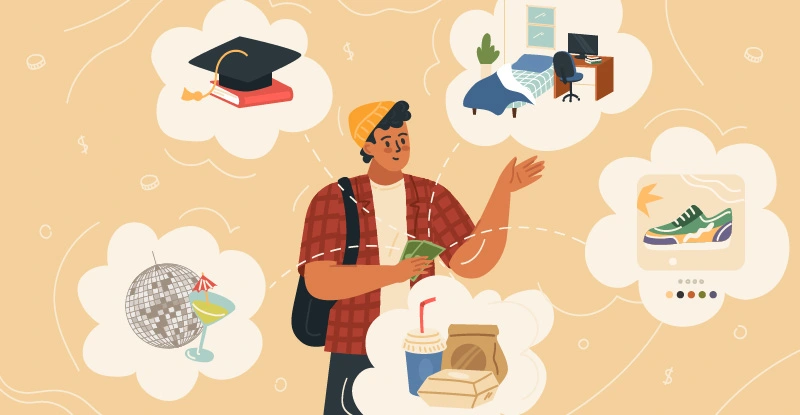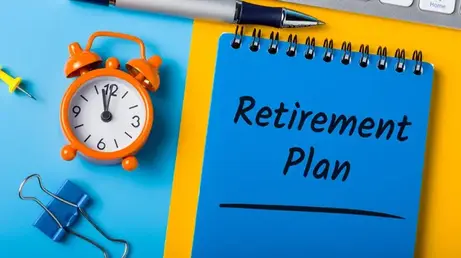
Let’s be honest…money management can feel overwhelming to beginners, especially when you’re a student. Between tuition, part-time jobs, social life, and everything in between, personal finance often gets pushed to the bottom of the to-do list. But when it comes to money, the habits you build in high school or university can either set you up for financial freedom or years of stress.
Here are three money management habits for beginners that most students skip… and why embracing them can be a game-changer for your future.
Habit 1: Start budgeting early
Why: Budgeting isn’t about restriction, it’s about clarity. Most students don’t know where their money goes, and that lack of awareness leads to overspending, unnecessary debt, or missed saving opportunities.
Even if you don’t have income right now, it’s important to track your spending so you know exactly where your money is going.
How: Start by tracking your income and expenses for one month. Whether you’re living off summer savings, a part-time job, student loans, or an allowance, you need to know how much is coming in and where it’s going. Even a simple Google Sheet can help.
Tip: Try the 50/30/20 rule as a starting point:
- 50% of your income goes to needs (food, rent, transit)
- 30% to wants (dining out, entertainment)
- 20% to savings or debt repayment
Even if your income is small, getting in the habit of budgeting now will make managing a larger income easier later.
Habit 2: Build an emergency fund
Why: Life as a student is unpredictable. Your laptop might crash the week before finals or you might spill coffee on it. Hopefully not! An emergency fund provides a cushion so you don’t have to rely on credit cards or family every time something unexpected happens.
How: Start small. Aim to save a minimum of $500 to $1,000 in a separate high-interest savings account. That amount can cover most short-term emergencies and give you peace of mind.
Tip: Make saving automatic. Set up weekly or biweekly transfers from your chequing to your savings account, even $10–20 a week adds up over time. Look into no-fee accounts that earn interest so you can make your money work for you.
Read more
- 5 of the most common money mistakes (and how to fix them)
- The budgeting apps you need to try in 2025
- Transform your finances: Create a vision board for financial success
Habit 3: Use credit responsibly
Why: Credit cards can be helpful tools, or dangerous traps. When used responsibly, they help you build your credit score, which you’ll need for things like renting an apartment, applying for a loan, or even getting a cell phone plan. But when misused, they can create long-lasting debt and high interest payments.
How: Apply for a student credit card with no annual fee. Use it only for small, planned purchases like a monthly subscription or tuition fees. Always pay it off in full by the due date. Never carry a balance if you can avoid it.
Tip: Your credit score is like a financial report card. Good habits now, like making payments on time, can help you qualify for better rates and larger loans when you need them in the future.
Financial success doesn’t come from having more money, it comes from building good habits and managing the money you have intentionally. Most students wait until they’re deep in debt or living paycheque-to-paycheque before they start paying attention to their finances.
But not you. By creating a budget, building an emergency fund, and using credit responsibly, you’ll be able to manage your money with confidence!
Disclaimer: This article is not intended as financial advice, and you should not make financial decisions based solely on the information presented.
Nelson Soh, CPA, CA is a TEDx speaker, best-selling author of Life Literacy and the 100 Day Money Mindset Journal, financial literacy expert, and volunteer with CPABC’s Financial Literacy Program. Nelson is also the co-founder of FSQ Consulting, a business consulting firm, and one of CPA Financial Literacy Program volunteers. You can follow Nelson on LinkedIn, TikTok, or Instagram to learn more about financial and life literacy.



